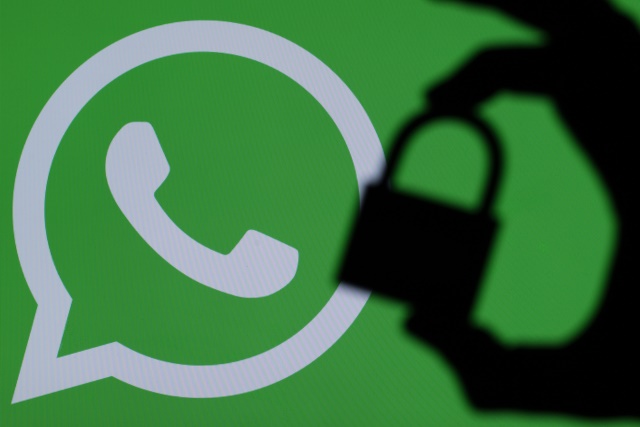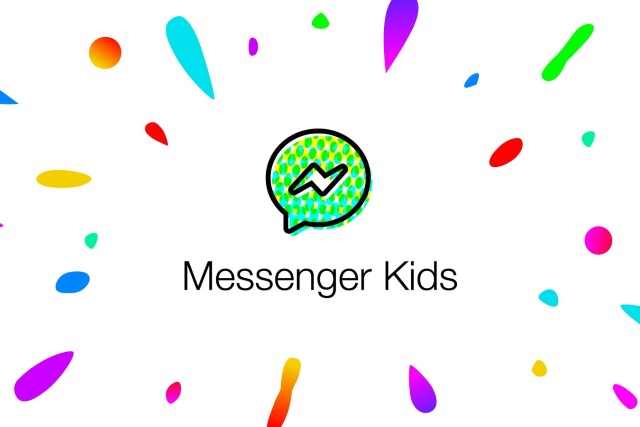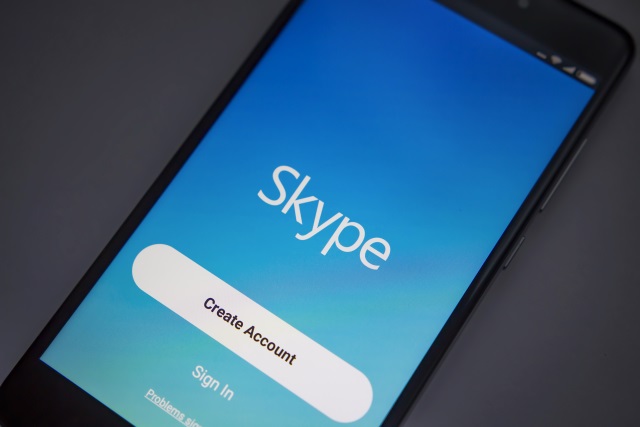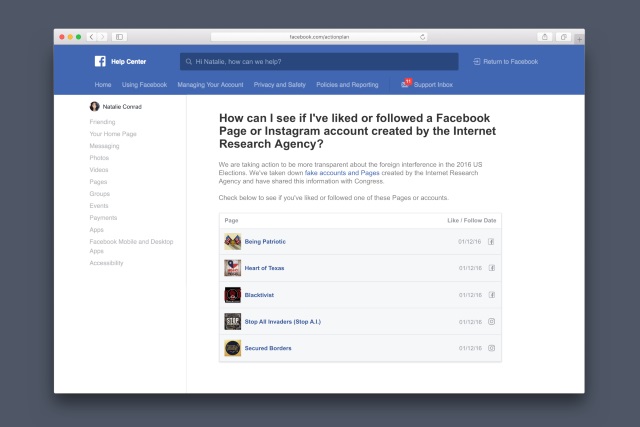
Big changes to Facebook's news feed mean you'll probably spend less time on the social network
Facebook is planning major changes to the way its news feed works, and Mark Zuckerberg says he believes that the amount of time people spend using the social network will go down as a result.
This might seem like a slightly strange thing for the company to do, but these changes are about improving the overall experience. Zuckerberg says that "the time you do spend on Facebook will be more valuable." So what can we expect from the changes? For starters, you should see more posts from the people you know, and fewer from brands and pages.

Privacy: WhatsApp's group messages might not be as secure as you think
Security researchers have discovered a method of infiltrating group chats in WhatsApp, effectively rendering the chat tool's end-to-end encryption useless.
Researchers from Germany's Ruhr University Bochum have unearthed an encryption flaw that makes it possible for group conversations to be compromised. While the vulnerability is not one that poses immediate concerns -- it requires direct access to WhatsApp servers -- it still raises questions about the security of the platform.

Facebook to use facial recognition to notify users when photos of them are uploaded
A new feature touted as a privacy tool sees Facebook automatically identifying users in photographs that are uploaded. It uses the same technology already employed to make image tagging suggestions.
The social networking giant is using facial recognition to alert people when someone uploads a photo of them, regardless of whether they have been tagged in the image. For the feature to work, Facebook users will have to agree to the company keeping a record of them in a facial database.

Facebook stops flagging fake news because it was making the problem worse
Fake news -- or disinformation as it used to be called -- has become an increasingly serious problem as false information quickly spreads online through social media.
Facebook tried to combat the problem by flagging up fake news with Disputed flags but, having discovered that this was actually making the problem worse, the social network is dropping this approach. Instead, Related Articles will be used to provide context and give alternative takes on stories.

Privacy: WhatsApp told to stop sharing user data with Facebook
A French privacy watchdog has ordered WhatsApp to stop sharing user data with Facebook. The CNIL (National Data Protection Commission) issued the Facebook-owned company with formal notice to cease violations of the French Data Protection Act, suggesting that user consent was not properly obtained.
A change to WhatsApp's privacy policy last year saw the app transferring data to its parent company for the purposes of "business intelligence" and security purposes. It is the business intelligence side of things -- which analyses user behaviour -- that France considers illegal.

Facebook adds Snooze button to silence irritating friends, pages and groups
If you're friends with someone on Facebook it should mean that you're interested in hearing about what they have to say and see what they have to share. But at the same time, it's likely you've been extremely annoyed by the incessant stream of babble that flows from some people.
You might not want to go quite as far as unfriending someone -- maybe you're just sick of them posting movie spoilers, or you're tired of hearing them go on about their team's latest success -- so Facebook has introduced a new Snooze option. This can be used to hide a particular person's posts for a month.

Spotty downtime hits Facebook Messenger worldwide
There are multiple ways for people to communicate these days. Pen and paper have largely gone the way of the pony express as the world graduated to the telephone and then moved on to text messages and, these days, WhatsApp and Facebook Messenger.
The electronic age has not necessarily alleviated problems but has simply led to new ones that can be even more frustrating.

Facebook launches Messenger Kids for under-13s
In a move that's likely to raise a few eyebrows, Facebook today opened up its messaging platform to children under the age of 13. A new app, Messenger Kids, is now available in the US for iOS users.
The app is currently available as a preview, and Facebook says that it has worked with parents and groups such as the National PTA to ensure safety. The company also emphasizes the fact that parents are in full control of who their children are able to connect with.

Facebook may start using selfies to verify logins
Some Facebook users have reported that the social network is asking them to upload a selfie as a means of verifying their identity.
It seems that the company is testing out a new form of captcha as it asks that you "upload a photo of yourself that clearly shows your face." Just like Facebook's recent idea that users could protect themselves against revenge porn by uploading naked images of themselves, the test is likely to raise concerns about privacy.

Microsoft to drop Facebook login from Skype
Starting next year, it will no longer be possible to log into Skype using your Facebook account. Thanks to the rollout of the updated Skype experience, as of January 2018, Skype users will need to log in using their Microsoft account.
This is not a change that is likely to affect regular users of Skype, but for anyone who rarely uses it, it is something of a pain.

Facebook launches AI-powered suicide detection tool
Facebook has long offered a range of support options to help those considering suicide. Today the social network launches an automated AI-powered tool that aims to spot suicidal posts before they are reported.
Relying on the reports of people who spot worrying posts is just one of the ways Facebook has tried to provide a safety net for people who are struggling, and by adding artificial intelligence to the mix, the company will be hoping to speed up detection and offer help more quickly when it matters most.
Facebook outlines its advertising policies, begging users to believe their privacy is respected
Facebook is accustomed to criticism, and it's no different when it comes to advertising. There's been a lot of talk about advertising on the social network recently, not least because of concerns about Russian ads being used to influence the outcome of the US election.
In its latest attempt to calm fears that may have built up around its advertising platform, Facebook has today set out its advertising principles. This sees the company explaining the ethics behind ads, as well as seeking to reassure users that their privacy is protected and respected at all times.

Facebook is developing a tool to let users know if they interacted with Russian troll accounts
Russia's use of Facebook and other social media to try to influence the outcome of elections around the world has been the subject of investigation for some time now. Millions of Facebook users were exposed to divisive ads placed by Russia, and the social networking site is doing what it can to be transparent about what happened.
Having admitted that Russia bought ads on the site, Facebook is now developing a tool that will enable users to determine if they interacted with the Internet Research Agency -- the propaganda company also known as the Trolls from Olgino.

Facebook explains its creepy-sounding anti-revenge porn plan
Facebook has revealed more details about how its test program for combating revenge porn works. The social network has been trialing a system which allows users to upload naked images of themselves to Facebook so the company can look out for and block others from sharing them.
People were rather shocked at this idea, but even more so when it transpired that the uploaded nudes would be reviewed by Facebook employees. Keen to calm the storm that has whipped up around the issue, Facebook's global head of safety, Antigone Davis, has penned a blog post explaining that "we want to be clear about how it works."

If you send nudes to Facebook for revenge porn protection, the photos will be checked by humans
Facebook caused more than a little eye-rolling with its anti-revenge porn program which requires users to upload the naked images of themselves that they would like to protect. It had been assumed that the entire process would be automated, making use purely of algorithms to analyze images and protect privacy. This assumption was wrong.
Facebook says that in actual fact an employee -- an actual human being -- will have to review the nude images that are sent in.
